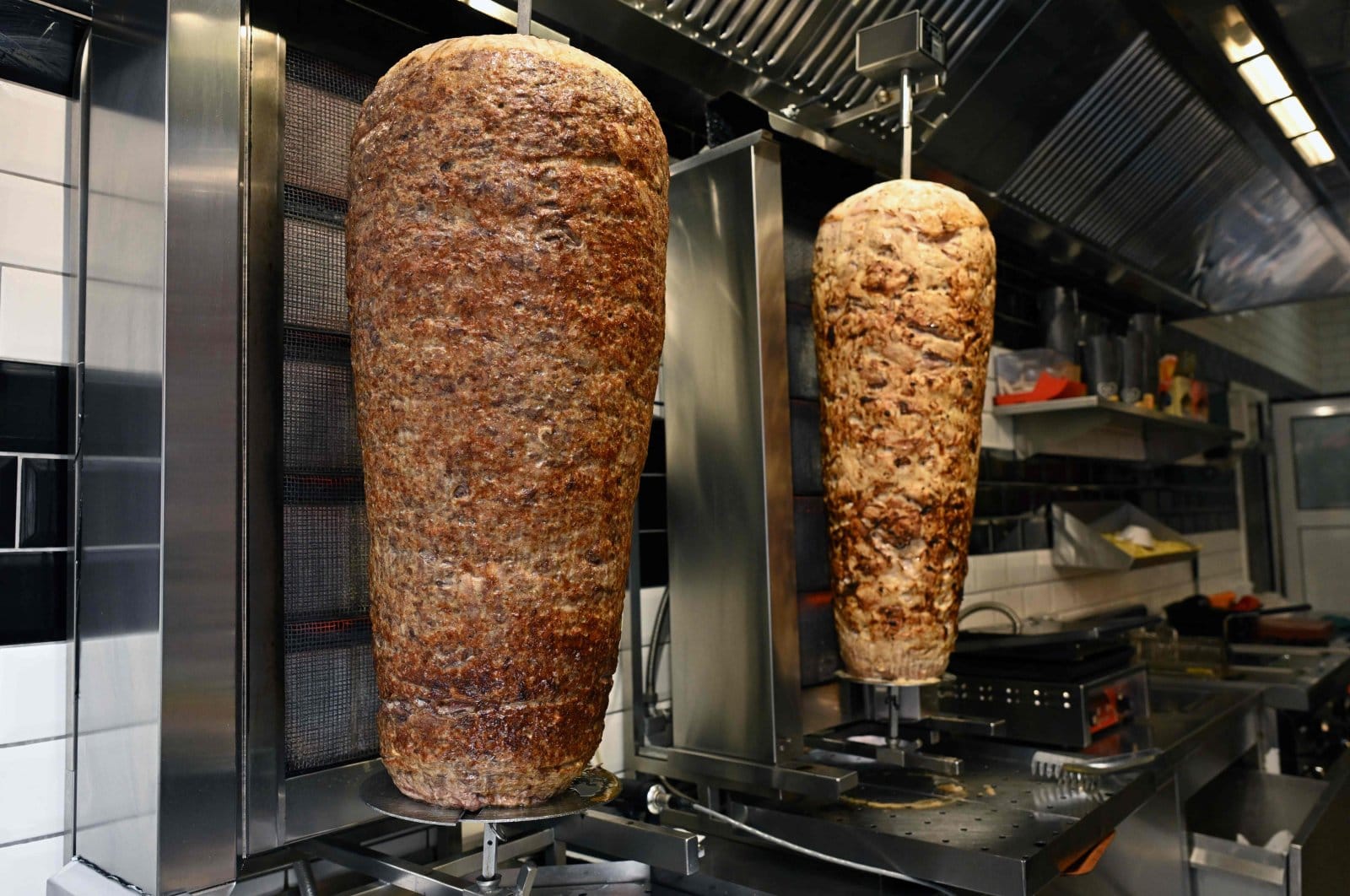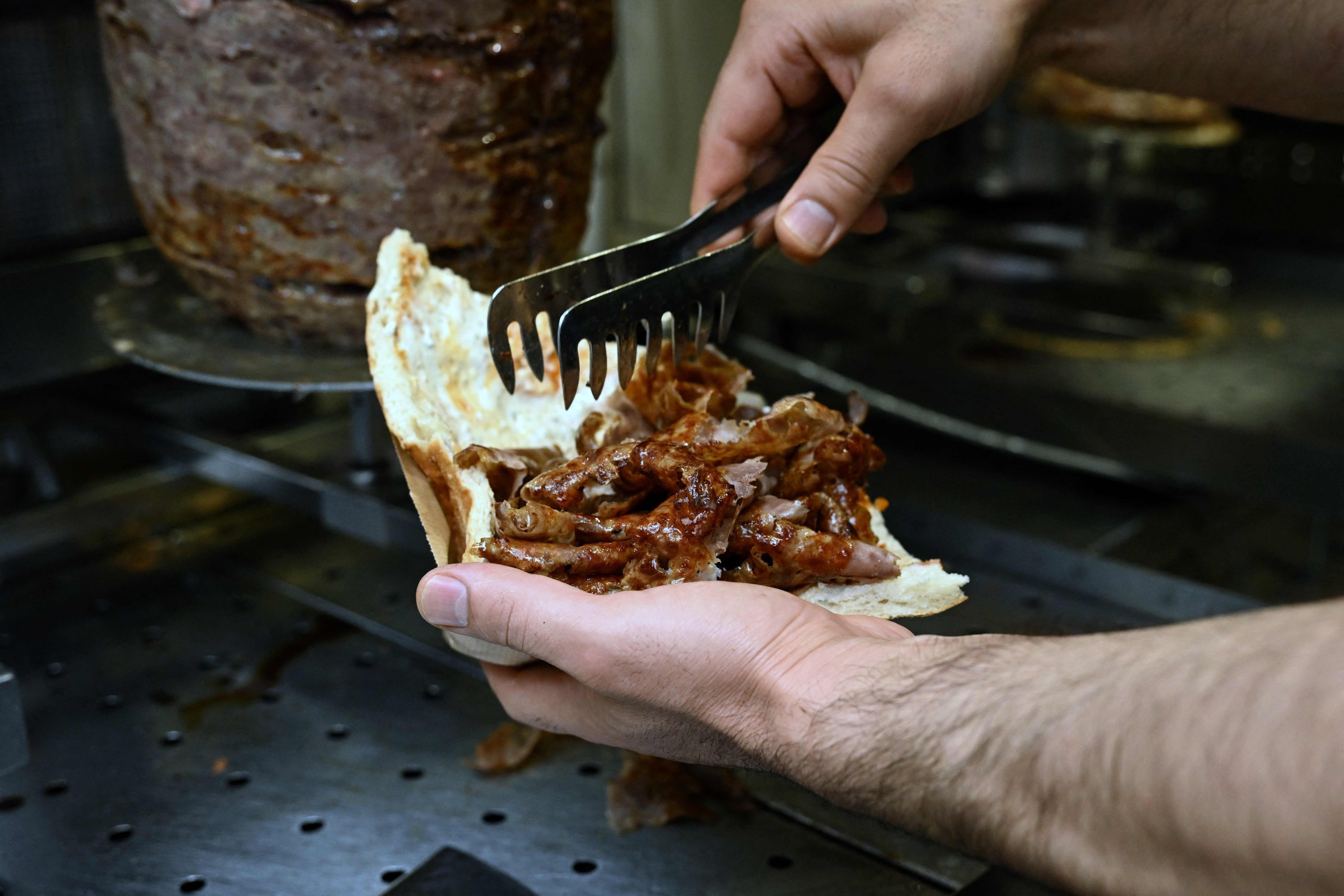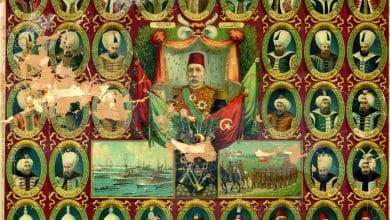Kebab clash: Türkiye and Germany at odds over doner’s identity
Türkiye vs. Germany: Who Owns the Doner Kebab?

A spicy row has erupted between Türkiye and Germany over what constitutes a doner kebab, with Berlin objecting to a Turkish push for protected status for the iconic snack.
The humble doner, made with thinly sliced meat cooked on a vertical rotisserie, originates in Türkiye but is also beloved in Germany after being introduced there by Turkish migrants.
In April, the International Doner Federation (Udofed), based in Türkiye, applied to the European Commission to grant the doner kebab Traditional Speciality Guaranteed (TSG) status.

From the exact meat and spices to the thickness of the knife used to slice the meat, Udofed wants the definition of the doner to adhere to a strict list of criteria.
If successful, the application would bar businesses in the European Union from using the name doner kebab unless it met the criteria, giving it the same protected status as Italy’s buffalo mozzarella or Spain’s Serrano ham.
In its application, Udofed hails the doner’s origins during the Ottoman Empire, citing a recipe found in manuscripts dating from 1546.
But that has sparked an uproar in Germany, where the doner has become an emblem of the country’s large Turkish community, descended from “guest workers” invited under a massive economic program in the 1960s and 70s.
The German capital even claims the doner kebab to be “a Berlin invention.”
“It happened in Berlin: Legend has it, Kadir Nurman was the first to put the meat in flatbread in 1972 and invented the version of doner that is so beloved in Germany,” according to the city’s website.
“The doner belongs to Germany. Everyone should be allowed to decide for themselves how it is prepared and eaten here. There is no need for any guidelines from Ankara,” said Agriculture Minister Cem Ozdemir, whose parents migrated from Türkiye.
The debate between Türkiye and Germany over the doner kebab has sparked widespread attention, with Germany’s agriculture ministry expressing “astonishment” at Türkiye’s application for European protection of the dish. A ministry spokesperson warned of significant economic consequences for Germany’s gastronomy sector if Türkiye’s “imprecise” and “contradictory” proposal is accepted.
The German DEHOGA hotel and catering union echoed concerns, citing a lack of clarity, potential legal disputes, and difficulties with definitions. Germany formally objected to the Turkish application just before the European deadline. Highlighting differences in how doner kebabs are prepared in both countries.
In Berlin, chef Birol Yagci emphasized the local preference for veal in the dish, which contrasts with Türkiye’s proposal allowing only beef, lamb, or chicken. Pointing to a turkey-based doner spit behind him, he remarked, “People eat doners worldwide. Türkiye can’t dictate how others prepare it.”
Germany and Türkiye Clash Over Doner Kebab’s Definition
The debate between Türkiye and Germany over the doner kebab has gained attention, with Germany’s agriculture ministry expressing surprise at Türkiye’s bid for European protection. A ministry spokesperson warned that the proposal could harm Germany’s gastronomy sector.
Economic Concerns and Legal Disputes
Germany’s DEHOGA hotel and catering union voiced concerns about potential legal issues and unclear definitions. The German government formally objected to Türkiye’s application before the European deadline, emphasizing differences in how the dish is prepared.
Local Preferences in Berlin
In Berlin, chef Birol Yagci noted that local doner kebabs often use veal, unlike Türkiye’s definition. which includes only beef, lamb, or chicken. “People eat doners worldwide,” he said, criticizing the idea of standardization.
Arif Keles, who serves Germany’s national football team, stated that his customers prefer familiar recipes. “If needed, I’ll change the product name rather than adjust my recipes,” he added.
Germany’s Market Leadership
Germany dominates Europe’s doner market, accounting for two-thirds of sales, worth 2.4 billion euros annually. Recently, German President Frank-Walter Steinmeier brought Keles to Türkiye to showcase Berlin-style doners at an official event.
Awaiting the European Commission’s Decision
The European Commission will decide whether Türkiye’s application moves forward. If Germany’s objection is accepted, the two nations must compromise within six months, shaping the dish’s future in Europe.





